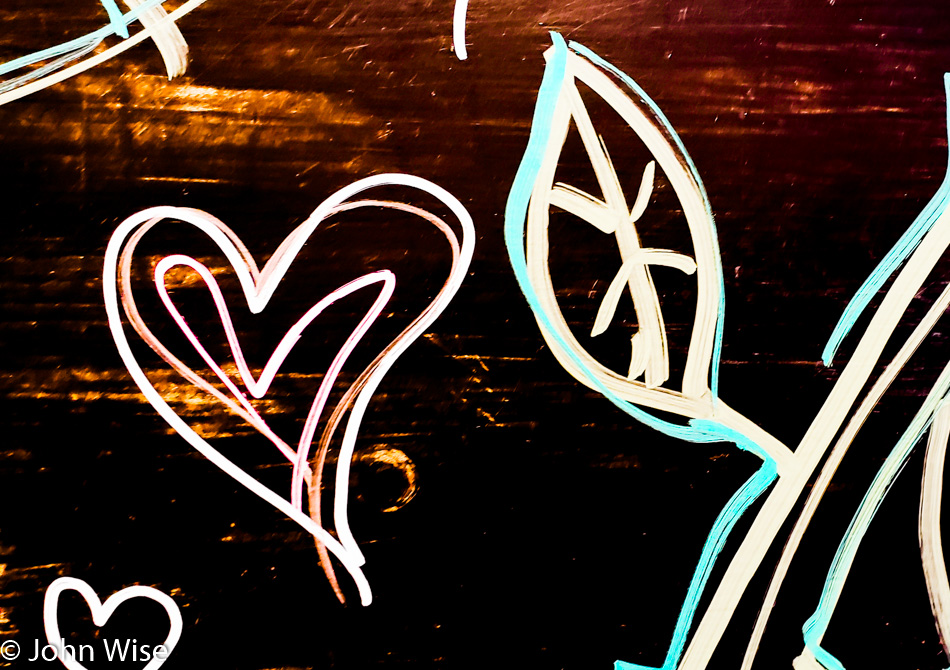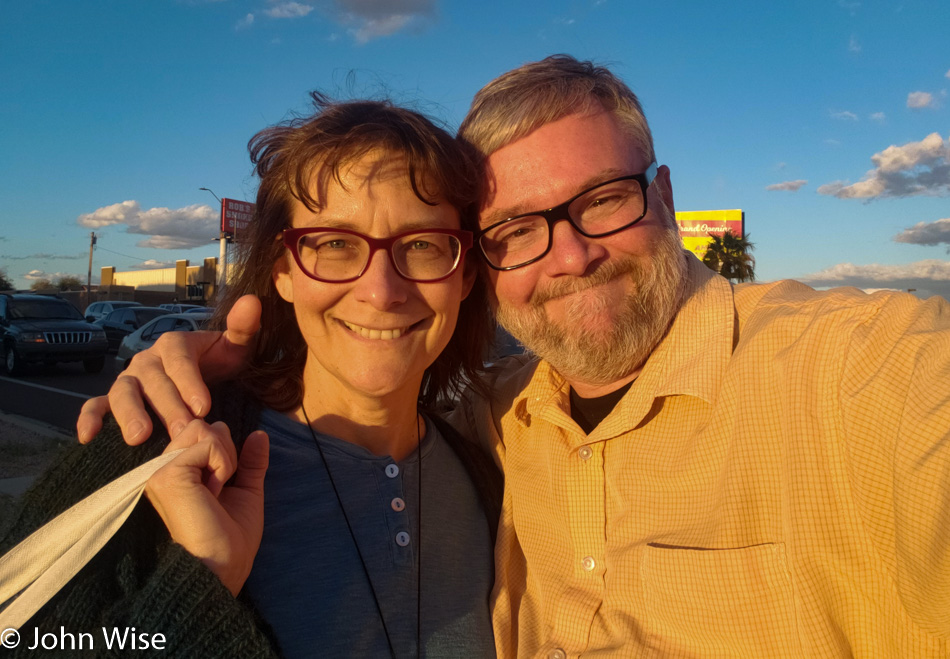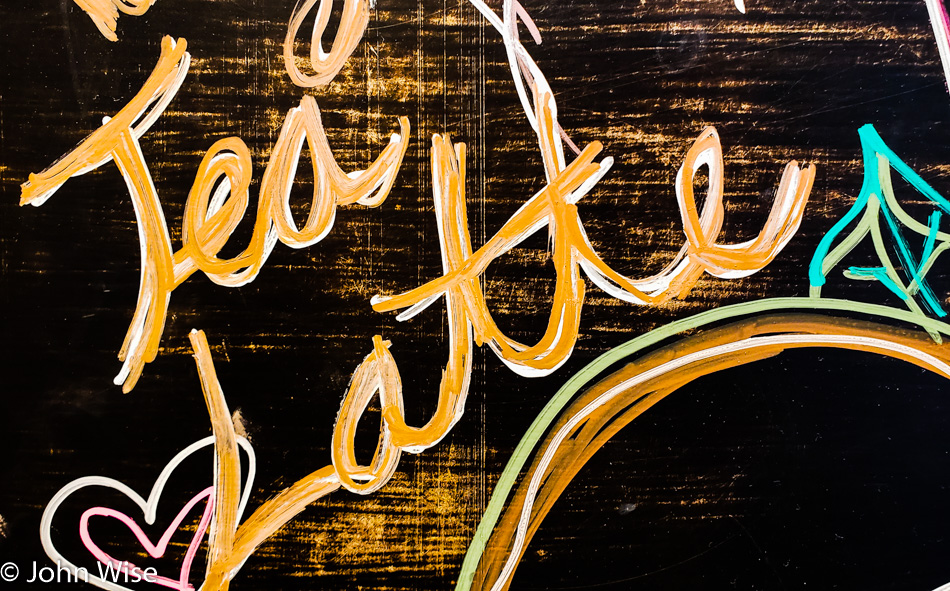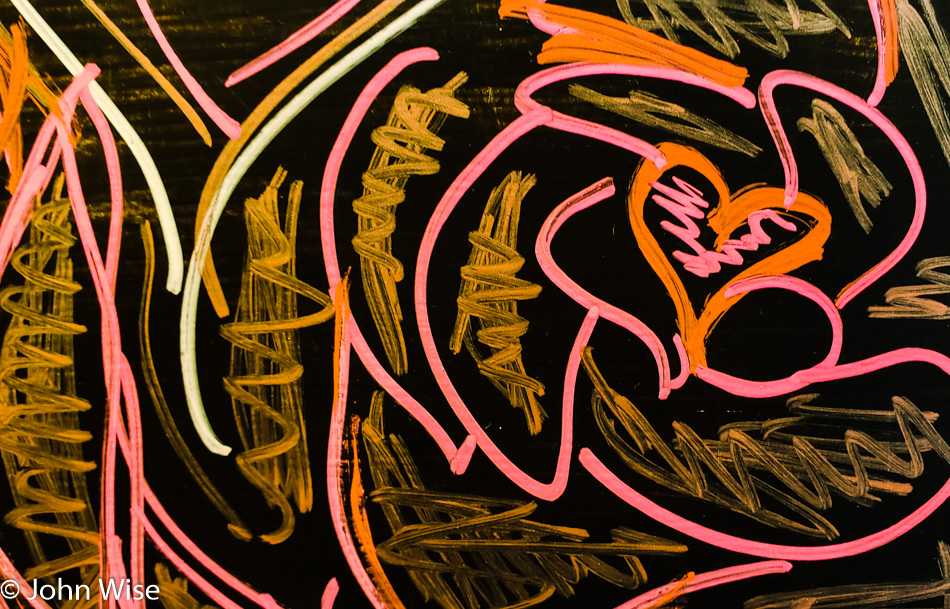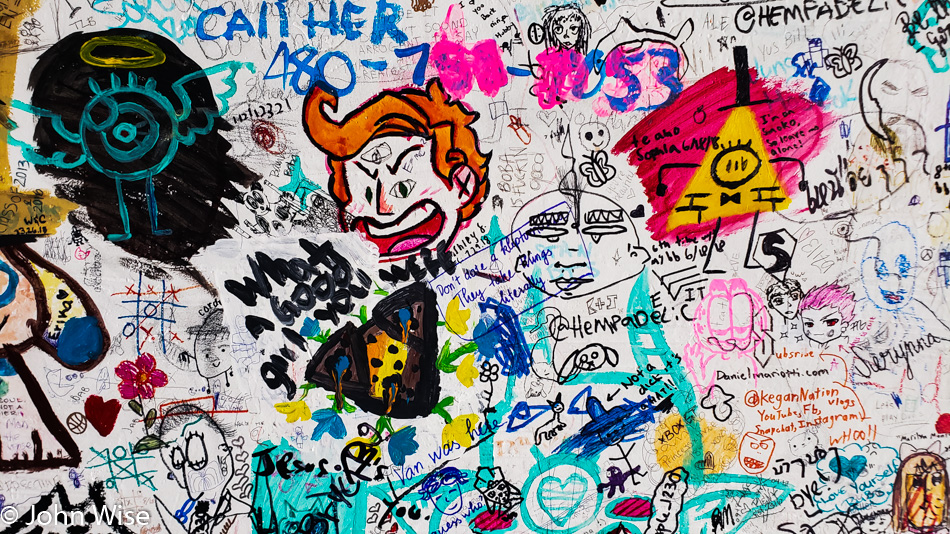
Uncertainty and ambiguity are harming our well-being at a time when they should become relics of our past. Over the course of my years growing up in Los Angeles, living in Frankfurt, Germany, having spent 20-plus years in Phoenix, Arizona, and a great amount of time traveling the breadth of the United States, one thing I’ve come away with is that food, shelter, and the other essentials for life appear to be readily available to the majority of people in Western society. While health, weather, and the future are relative unknowns, things such as the basics are in good supply.
It’s my opinion that far too many are experiencing anxiety about their future as people are intentionally exposed to uncertainty and ambiguity. In the 1960s, we saw a nationwide reaction against the conformist mass culture that spread strong messages regarding rights for youth, women, African Americans, and freedom from war. During this time of upheaval, those who were creating the “turmoil” did not want to or could not even strive to be part of the controlling status-quo white male majority. Those in power were not directly impacted by or interested in drug experimentation, hippy culture, burning bras, or the plight of black Americans.
By the mid-1970s, the counter-culture rebels were becoming the middle-class suburbanites who let go of their rebellion and embraced the stability and conformity they had been protesting against in the previous decade. They brought with them an existential fear about the future, as the landscape of America had been dramatically altered by the upheaval they themselves helped seed. While their own children tried to carve out their own identities, these former rebellious parents started using fear in an attempt to arrest control of kids who were angry at the hypocrisy of a society that was trying to shove shifting cultural sands back into a box. Meanwhile, the parents kept their heads down and focused on the American dream. Kids continued cultivating ambiguity and their own rebellion as society turned to behavior-modifying drugs and myriad diagnoses, trying to corral the tsunami of change while festering insecurity about the future continued to grow.
We marched into the ’80s and ’90s with aging parents suffering from the vast gulf created by the rapid evolution of personal and industrial technologies. They were witnessing the playing field change dramatically to the point that the goalposts and rules were no longer recognizable. This created anxiety about where they were in life and how their final years would play out when they barely recognized the world around them, but this was exactly what they had helped to usher in. During this time, we started to see the waning of situations that might deny people prosperity and life’s basics.
While people grasp dated icons and worn paradigms in order to find order, they inherently know that this will not give them the sense of security that things are staying as they were, so they look for a leader who can promise to take things back to the way they were. History, though, ultimately denies this nostalgic dream of embracing an age that grew worn and useless to our continued advancement. While those who might attempt to lead a people down that rabbit hole will win many converts, this will only work to create deeper divides within society and those whose job it is to propel humanity forward. Populism is a cold, hard drug that always leads to despair, just like all abused drugs ultimately do.
The propellants of the future are the artists, engineers, entrepreneurs, teachers, and critical thinkers whose toolkit does not include the option of standing still. So, while the divide between nostalgia and tomorrow is often drawn along ethnic or religious lines, those stupid enough to foment the horde into riot have misplaced animosities. If true revolution to stop change was undertaken, it would bring our species back into the stone age, as the target to retard or stop cultural and technological advancement would require the wholesale destruction of the aforementioned propellants and provocateurs who push into the unknown.
This idea of the unknown and, consequently, the ambiguity creates existential angst that even those who must wrestle with those demons find it difficult to slay their own fear and anxiety. Who are those I suggest “must” wrestle with these paradigms? They are again the artists, engineers, entrepreneurs, teachers, and critical thinkers.
Our problems have been mounting since the end of the last century and accelerating following the millennium change. For nearly two decades here in the 21st century, the millennials have been thrust into roles in which the combined requirements of self-fulfillment, self-discovery, and the manifestation of an identity that is adaptable and nearly constantly challenged for being able to deal with a society that is amorphous and ambiguous have become a defining signature as they evolve their social and cultural identities.
Everything feels temporary; our job prospects, the amount of education that seemed adequate, our health care, and our economic viability, even our sexual identities feel like they are in a state of flux. Add to this mix that our racial makeup is and always has been evolving, and instead of confronting our own personal limitations and necessity to develop ourselves into the unknown in a process of discovery, it becomes easier to find a scapegoat in the form of the other. We give this “other” the weight of our own failings because to admit personal failure is to force us to be angry with our teachers, leaders, politicians, and ourselves. It’s easier to empower the strong man to crush this bogey-man in order to save the traditions of an idealized foregone era that would allow us to exit gracefully and in full comfort of things we recollect were better than they were.
This is an empty pipe dream where our flights of common sense and lack the fortitude to walk into the future become transparent weaknesses that offer windows into our violent tendencies. They ultimately repulse the masses at the reflection of our barbarity, and once again, people will wish for the peaceful future that we had become blind to. If we are lucky, a smarter leadership might jump into action, creating new engagements and progress that drag the masses forward out of their slide backward and humanity can continue the celebration of living in the luxury we have grown to take for granted.
